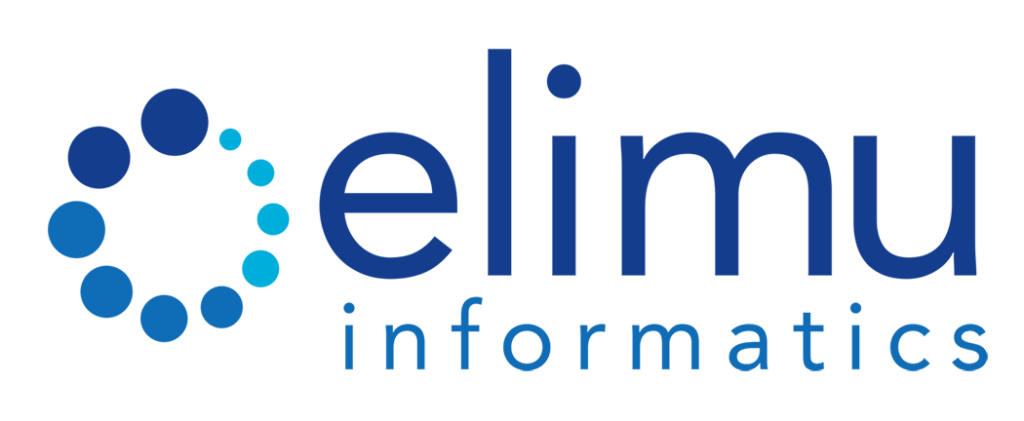Nov 29, 2017 | Aziz Boxwala
Many studies have shown that clinical decision support (CDS) can positively impact the behavior of providers, leading to better patient care. Despite that fact, adoption and implementation of CDS remains limited. Much of the CDS that is implemented today is of the simplistic, off-the-shelf drug-drug interaction checking variety. This is in large part due to the effort required to design and implement effective CDS. Whether you purchase CDS content and rules from a vendor, or author them in-house, integrating them into your EHR system and deploying it in your institution is not for the faint-of-heart. Even the simplistic medication related rules mentioned earlier pose challenges with maintenance, and often lag behind the current best practice guidelines, regulations, and reimbursement policies.
Can cloud-based CDS services help your organization increase its adoption of CDS? A cloud-based CDS service has several advantages:
- All of the rules, content, logic, etc., lives off-prem in the cloud
- Your EHR and the cloud-based CDS interface via simplistic APIs – your EHR sends patient data to the cloud, and the CDS sends back context aware guidance such as required immunizations for a childhood immunizations module
- All of the maintenance/upkeep of rules, value sets, and reporting is performed by your cloud-based CDS vendor with little effort on your part
Sounds great, right? Mostly. Even this seemingly simplistic implementation comes with challenges:
- Before you start implementing, you have to make sure that your EHR supports integration with cloud-based CDS services
- You also have to make sure that your EHR can feed the API that your CDS service uses with all of the right info in the right format (CCD, SNOMED, RxNorm, LOINC, etc)
- Finally, you have to make sure that you can insert the CDS into the appropriate workflow within your EHR and at the right trigger point
So how do we solve all of those challenges? Great news! New standards are being developed to remove those exact barriers. The CDS-Hooks specification is becoming central to CDS services in the cloud. CDS-Hooks includes named triggers that identify workflow points at which the CDS is inserted. Retrieval of patient data to feed the CDS is handled using FHIR APIs. Decision-support is sent from the cloud-based CDS to the EHR as cards containing informational text, suggestions, or links to launch apps to collect more info. The suggestions are especially helpful as they come as structured FHIR resources that can be implemented as orders or other actions. We finally have actionable CDS in a language the EHR understands!
At AMIA’s Annual Symposium in Washington, I was fortunate to be part of a panel, led by Dr. Blackford Middleton of Apervita, discussing this topic with three of the leading EHR vendors. All of them already are implementing support for CDS-Hooks. We, at Elimu, will be integrating our own pharmacogenomics CDS service via CDS-Hooks to those same EHR vendors at HL7’s connectathon in January. For an early preview, come join us at the FHIR roundtable in New Orleans.
That’s it for now. Feel free to ask any questions via the comments section or contact us directly. Stay tuned for my next post where I’ll discuss what scenarios make sense for cloud-based CDS.
